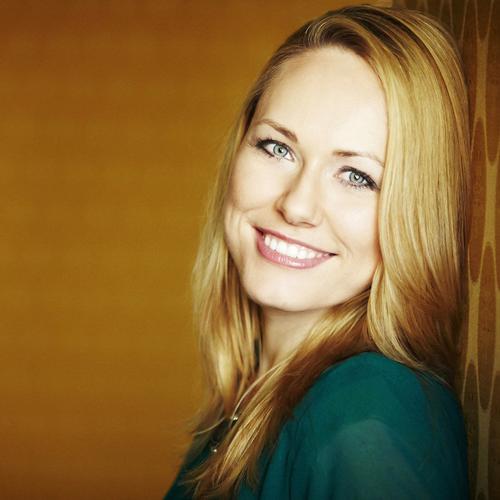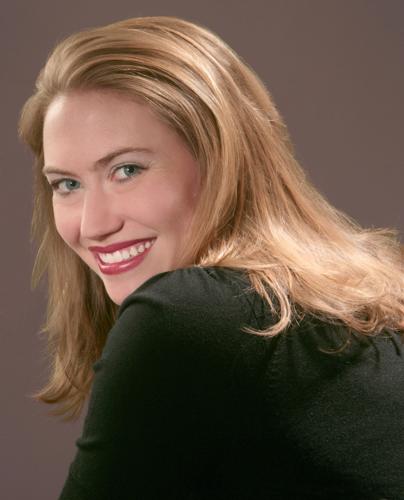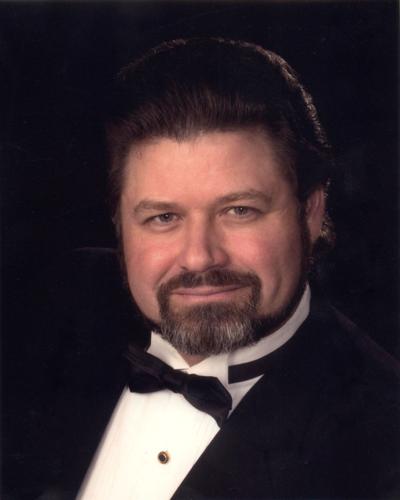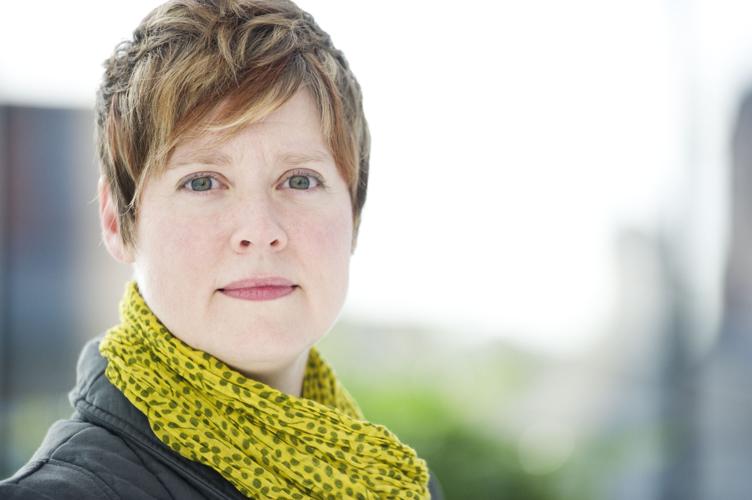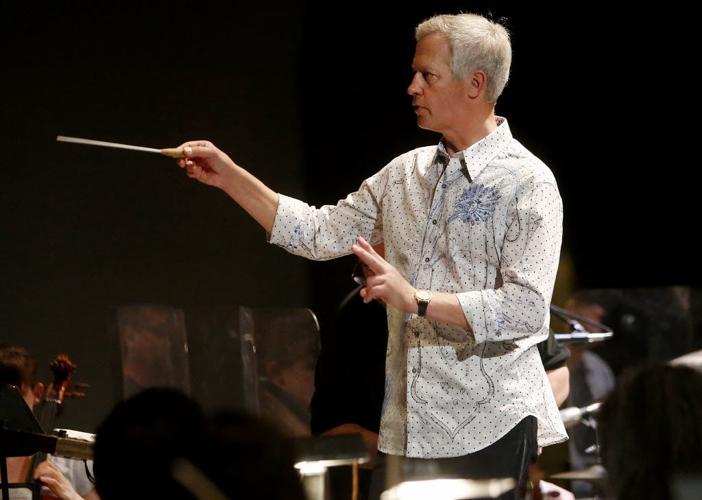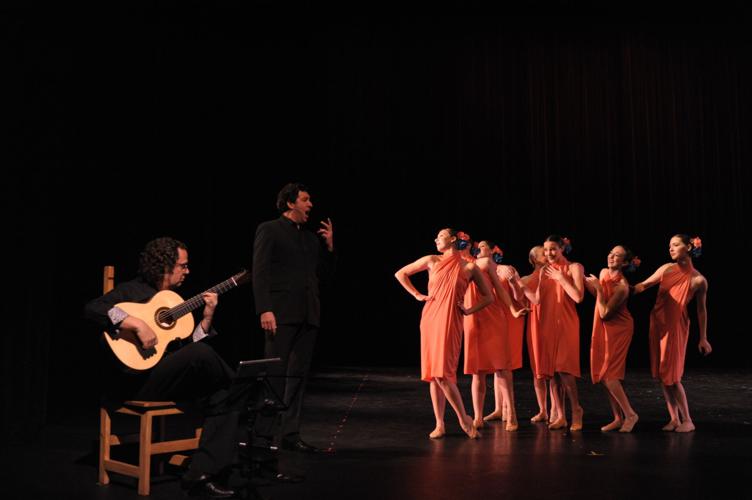Jack Forsythe had a crazy idea in early 2010: What if a bunch of arts organizations in Tucson — the symphony and university, the professional choir and the guitar society — joined hands and put on a big multi-week festival focusing on the human voice?
The festival would insert itself into the groups’ existing seasons, guaranteeing at minimum an audience of season ticketholders. The festival would act as an umbrella to the organizations, giving them grants to bring in higher-caliber singers than their budgets normally allowed.
“When you start a new program like this, the hard part is building up an audience,” the retired Fortune 500 executive said a year before the first festival, “Song and Beyond” in February 2013. “We’re already starting with a built-in audience. The idea is to bring in the stars and let these organizations bask in their light.”
Bask, indeed. In the five years since, Tucson Desert Song Festival has grown from the inaugural two weekends to three, with a guest roster that numbers 19 from the 13 singers that first year.
The number of participating organizations has grown from the initial seven — Tucson Symphony Orchestra, True Concord Voices & Orchestra, UA Presents, University of Arizona Fred Fox School of Music, Ballet Tucson, Tucson Guitar Society and Chamber Music Plus — to 10, including the prestigious Ravinia’s Steans Music Institute from Chicago and Arizona Friends of Chamber Music, which got on board in year two; and Arizona Early Music Society and Arizona Opera, which both joined the festival last year.
Next year, they could add three more organizations. Festival Director George Hanson said they are in talks with the Jewish Community Center, Loft Cinema and Arizona Theatre Company to put on events for the 2018 festival celebrating the 100th birthday of Leonard Bernstein.
“What I really like is the way in this last year or so (that) everybody has embraced the concept not only for this year but for next year,” said Forsythe, the outgoing president of the song festival board of directors. “We are already looking at 2018, ’19, which was always the plan. We always wanted to look three years out.”
The fifth annual song festival kicks off on Wednesday, Jan. 18, but Forsythe, incoming board president Jeannette Segel and Hanson are already finalizing next year’s festival. Hanson, who in summer 2015 was hired for the part-time consulting job, said everyone involved in the festival will present music composed by the late New York Philharmonic conductor who wrote choral, opera and orchestral works.
Planning for the Bernstein festival started in 2015 after Tucson arts patron Dorothy Dyer Vanek — a staunch and generous supporter of the TSO, True Concord and the volunteer Southern Arizona Symphony Orchestra — pledged a matching gift of $150,000. Hanson said the festival already has raised the additional $150,000 plus some for an event that will be broadcast to classical music lovers around the world. The festival is finalizing a deal with a major international classical music radio station to cover the 2018 festival for later broadcast around Bernstein’s birthday on Aug. 25, 2018, said Segel, who will take over Forsythe’s board president role this spring.
“This is going to put us on the international map,” said Segel, a former East Coast opera singer who has lived in Tucson 20 years. “This is going to put Tucson up there with other festivals. We hope to make the Tucson Desert Song Festival ... a household name.”
Eric Holtan, the founder and music director of the professional True Concord choir, says the festival is already there. When True Concord — then known as Tucson Chamber Artists — joined in year one, Holtan had to explain what the event was at length to artists’ agents, and many didn’t readily wrap their brain around the idea of an expansive winter song festival in the middle of the desert.
“Now when I call up an agent from one of the big booking agencies and I tell them this is for the Tucson Desert Song Festival, they know what I’m talking about. They didn’t know two or three years ago,” said Holtan, whose True Concord will mount Mendlessohn’s epic oratoria “Elijah” in three performances Jan. 27-29.
Ravinia’s Stean Director Anthony Roberts said there are few song festivals in the United States, and none that he knows of that operate like Tucson’s, involving multiple and divergent organizations including Ballet Tucson and the Tucson Guitar Society, both of which are not normally associated with voice.
“It’s just a neat and unique thing that Jack and all of Tucson has going,” Roberts said. “I think it’s the kind of thing that I hope can catch on and serve as a model elsewhere in the country and the world.”
What makes that model work, arts groups involved say, is the synergy created by everyone working together and including in that circle organizations not normally associated with singing.
Like the Tucson Guitar Society and Ballet Tucson, which collaborated with Chamber Music Plus, the classical-music-meets-theater program run by Harry Clark and Sanda Schuldmann. CMP, which ended its 35-year run in August 2013, was known for creating theater pieces written by Clark that were centered on classical music personalities. The works were performed by a professional actor with live chamber musical accompaniment.
At the inaugural song festival, Clark introduced a new work, “Passionately, Piazzolla,” and brought in Argentinian guitarist and vocalist Brian Chambouleyron and actor Robert Beltran. Ballet Tucson choreographed dance to go along with the performance, which focused on Argentinian tango composer and musician Astor Piazzolla.
“I’ve been in Tucson three decades and I’ve seen a lot of these things come and go,” said Ballet Tucson’s founding Artistic Director Mary Beth Cabana. “I thought, we’ll give it a shot and see if it has legs. It went very well and the ‘Passionately Piazzolla’ was extremely well received.”
Ballet Tucson has been involved in all but one festival since.
“I think that’s what makes it exceptional, and I love that the board was receptive to groups that were not sort of an anticipated fit,” said Guitar Society board chairwoman Julia Pernet, who also chairs the song festival’s artistic committee. “I think that’s a very cool joining in of the art forms. It’s a framework that allows the individual participants to be very creative and do things that they normally couldn’t have done.”
The festival also can lead to interesting collaborations. True Concord is teaming up with UA’s Arizona Choir for “Elijah,” bringing 45 graduate student vocalists on stage with another 25 from True Concord to create a massive vocal tour de force, said UA choral activities Director Bruce Chamberlain, who also leads the TSO Choir.
In late February, Arizona Early Music Society is teaming up with True Concord to mount Monteverdi’s “Vespers” using 17th century instruments including sackbuts, cornettos, recorders and other rare period instruments.
“This is an opportunity for both of us; for us to do something bigger and for True Concord to kind of venture into early music instrumentalists,” said Scott Mason, AEMS’s board president. “That’s a real big deal for us. It’s a much larger scale than we’ve done before.”
Hanson said he knows of no where outside of Europe where orchestras, opera houses, ballet companies, music schools and arts presenters “are coordinating mutually supportive programming at this level, anywhere.”
“In an American city, the idea of the opera and the symphony being able to program mutually supportive repertoire is almost inconceivable,” he said. “The concept was brilliant and unique. As it has slowly ramped up and is now just about to take off like a rocket for next year, I think that Tucson is going to benefit from this for years after we’re all gone.”
“That kind of synergy has been a really good thing. Getting some of these players in the same room can sometimes be difficult because you are dealing with egos and (artistic) territory,” said Holtan. “Getting people in the same room and talking about themes together and programs together is pretty remarkable. This enterprise has allowed all of us to look beyond our own organizations and (realize how) working together can benefit people beyond ourselves.”
This year’s festival features the return of several artists who were involved in past song festivals including Mesa native Angela Brower, who plays the festival’s first recital on Thursday, Jan. 19, with the Guitar Society and French guitarist Judicaël Perroy. Brower sang with the TSO when it mounted Richard Strauss’s “Der Rosenkavalier” in the 2015 festival.
“Just being a part of the concert with the orchestra was amazing,” recalled Brower, who has lived and worked in Germany for eight years. “The turnout was quite good. I hope that people realize this is quite a wonderful cultural event we have in Tucson. … I hope it continues. I think it’s a great idea and a wonderful program.”
Forsythe couldn’t agree more.
“It’s a darn good idea. I like the idea I came up with,” he said with a chuckle. “It’s been just a good story all along. I wanted to do this in the Twin Cities, but they looked at me like, ‘Are you nuts!’”



